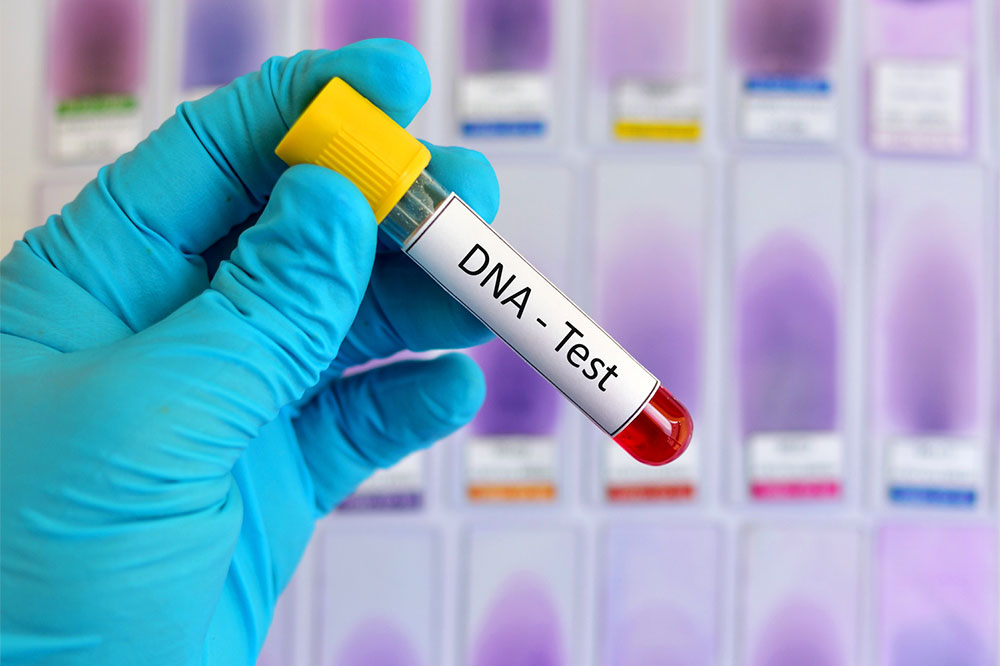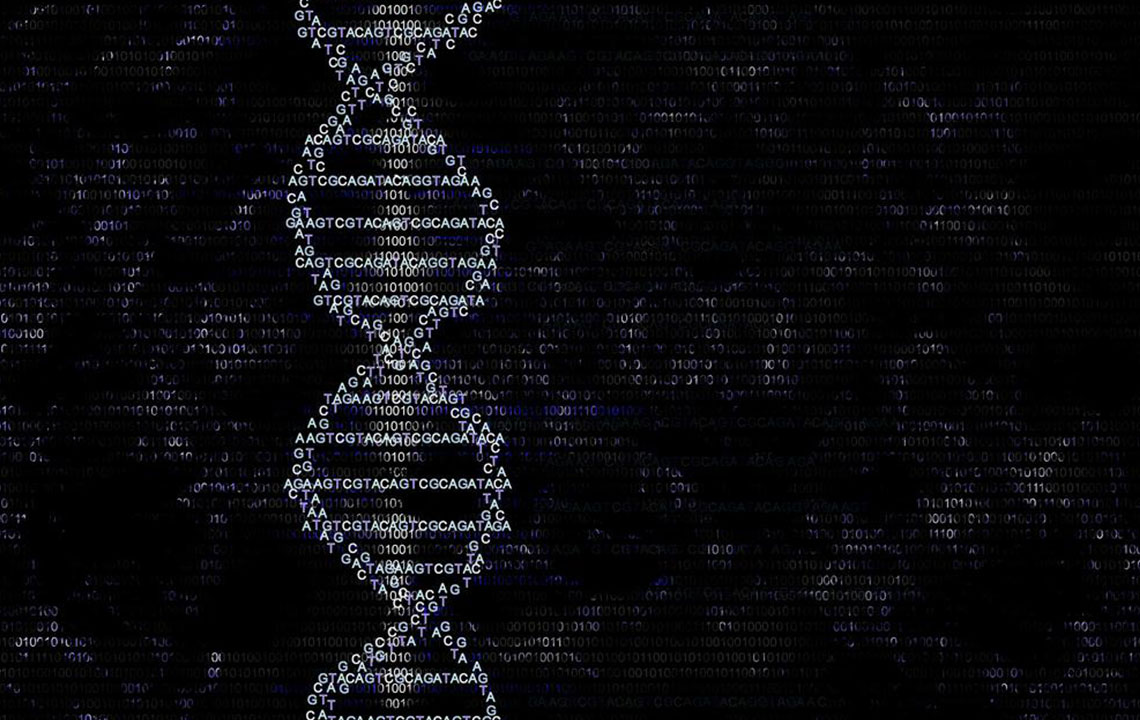Essential Factors Before Purchasing a Genetic Testing Kit
Discover essential tips for selecting and understanding DNA testing kits. Learn how these tests reveal your ancestry, health risks, and the process involved. Make informed decisions to explore your family roots with confidence.
Sponsored

Key Considerations Before Buying a Genetic Testing Kit
Important aspects to consider when selecting a DNA testing kit
Have you noticed advertisements or emails from leading DNA testing companies like 23andMe or AncestryDNA encouraging you to explore your heritage and connect with relatives worldwide? Many individuals are curious about their ancestral roots and relatives, but some hesitate due to doubts about test authenticity. If you're pondering whether to try a DNA test, here's an overview of what you should know before making your decision.
Advantages of genetic testing
Genetic testing offers insights into your ancestry, allowing you to trace your origins accurately. Modern DNA kits require only a saliva sample or cheek swab, and in return, you receive detailed reports about your heritage. Many services enable you to compare your DNA profile with millions in their database, helping you identify possible relatives and construct family trees. For example, 23andMe also provides information about potential genetic health risks, alerting you to mutations that may influence your future health and that of your descendants, including risks for conditions like Parkinson’s or Alzheimer’s.
Limitations to keep in mind
While DNA testing can reveal a lot, no database encompasses every individual worldwide. Different companies have varying sample sizes, and despite claims of extensive databases, they cannot provide completely comprehensive results for everyone. This limitation affects the accuracy and completeness of your ancestry matches.
Process overview
Today, obtaining your genetic information is simpler than ever. No longer do genealogists depend solely on written or oral records. By purchasing a DNA kit, you follow simple instructions to collect a saliva sample or perform a cheek swab at home. Then, you send the sample via a prepaid envelope to the laboratory. Once received, the sample undergoes analysis to map your genetic origins. Results are usually ready within six to eight weeks, giving you detailed insights into your heritage and potential health risks.
If you're eager to explore your family history, consider choosing a testing kit carefully—compare features and prices to find the one that suits your needs best.
Tags: Genetic Testing, DNA Analysis, Family Heritage






